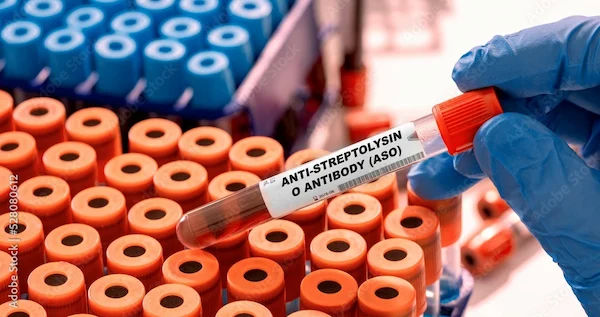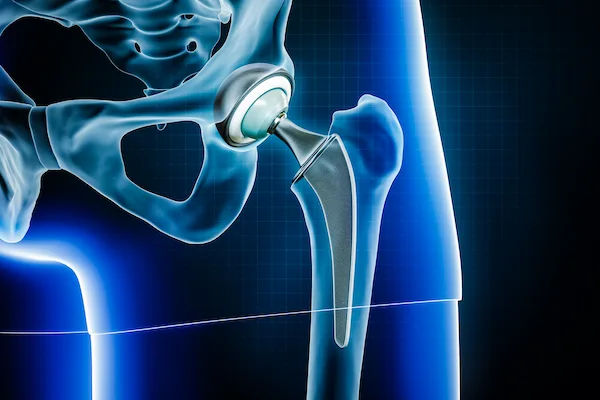Understanding Pregnancy Stretch Marks and Treatments
Learn why pregnancy stretch marks happen, how to prevent them, and explore effective treatments to reduce their appearance. Discover expert skincare tips and when to consult a dermatologist.


Pregnancy is a beautiful journey, but it also brings many physical changes—one of the most common being stretch marks. While they are completely natural, many women feel self-conscious about them. If you're expecting or have recently given birth, understanding what causes stretch marks and how to manage them can help you feel more confident in your skin.
What Are Pregnancy Stretch Marks?
Stretch marks, or striae gravidarum, are thin, streak-like lines that appear on the skin when it stretches rapidly due to weight gain or growth. During pregnancy, they commonly appear on the abdomen, breasts, thighs, hips, and buttocks.
Initially, they may look red, purple, or pink (depending on your skin tone) and feel slightly raised. Over time, they fade into silver or white scars but usually don’t disappear completely.
Why Do Stretch Marks Happen During Pregnancy?
Pregnancy causes significant changes in your body, leading to stretch marks due to:
1. Rapid Skin Stretching – As your baby grows, your skin stretches quickly, causing the middle layer (dermis) to tear, forming stretch marks.
2. Hormonal Changes – Increased hormones like cortisol weaken skin elasticity, making it more prone to tearing.
3. Genetic Factors – If your mother or sister had stretch marks during pregnancy, you may be more likely to develop them too.
4. Weight Gain – Gaining weight quickly can increase the likelihood of stretch marks.
Do All Women Get Stretch Marks During Pregnancy?
Not every woman develops stretch marks—genetics, skin type, and weight gain play a big role. Some women may have very faint marks, while others may notice more pronounced ones.
Can You Prevent Stretch Marks?
While there’s no guaranteed way to prevent them, these tips may help reduce their severity:
1. Keep Your Skin Hydrated
Moisturize daily with cocoa butter, shea butter, almond oil, or hyaluronic acid-based creams.
Drink plenty of water to keep your skin supple.
2. Eat a Skin-Friendly Diet
Foods rich in vitamin C (citrus fruits, bell peppers), vitamin E (nuts, seeds), zinc (eggs, whole grains), and collagen (bone broth, fish) support skin elasticity.
Include protein-rich foods (lean meats, beans) to help skin repair.
3. Gradual Weight Gain
Follow your doctor’s recommended weight gain plan to avoid rapid stretching.
4. Gentle Massage
Massaging your belly, thighs, and hips with oils (like coconut or olive oil) can improve blood circulation and skin elasticity.
Consult Top Dermatologist
How to Treat Pregnancy Stretch Marks After Delivery
If stretch marks have already appeared, don’t worry—there are ways to reduce their appearance:
1. Topical Treatments
Retinoid creams (only after delivery and if not breastfeeding) can help rebuild collagen.
Hyaluronic acid and centella asiatica creams may improve skin texture.
2. Natural Remedies
Aloe vera gel soothes and repairs skin.
Rosehip or argan oil may help fade marks over time.
3. Dermatological Treatments
If stretch marks bother you, dermatologists may recommend:
Laser therapy (stimulates collagen production).
Microdermabrasion (exfoliates the top skin layer).
Radiofrequency therapy (tightens skin).
These treatments work best on newer (red/purple) stretch marks rather than older (white/silver) ones.
When to See a Doctor?
Most stretch marks fade naturally, but consult a dermatologist if:
They cause itching or discomfort.
You want professional treatment options.
You notice unusual changes in their appearance.
Embracing Your Body’s Journey
Stretch marks are a natural part of pregnancy and a reminder of the incredible changes your body has gone through to bring life into the world. While treatments can help reduce their appearance, remember—they are completely normal and nothing to be ashamed of.
Need Expert Advice?
If you’d like personalized skincare recommendations or treatments, you can consult a dermatologist through Apollo 24|7. They can guide you on the best ways to care for your skin during and after pregnancy.
Consult Top Dermatologist
Consult Top Dermatologist
Dr. Kavitha Killaparthy
Dermatologist
23 Years • MBBS,DIPLOMA(DERMATOLOGY,VENEREOLOGY,LEPROSY)
Hyderabad
JDS Skin & Hair Clinic, Hyderabad
Dr. Mayuri Jain
Dermatologist
11 Years • MBBS, MD Dermatology , Venereology & Leprosy
Delhi
Dr Mayuri Jain Clinic, Delhi

Dr Ekansh Shekhar
Dermatologist
10 Years • MBBS MD
Lucknow
Apollo Clinic Hazratganj, Lucknow
Dr.j Girishma
Dermatologist
6 Years • MBBS MD DERMATOLOGY
Bengaluru
Apollo Medical Center, Marathahalli, Bengaluru

Dr. Madhab Datta
Dermatologist
5 Years • MBBS, MD (DVL)
Kolkata
Dr. Madhab Datta's Clinic, Kolkata


.webp)

